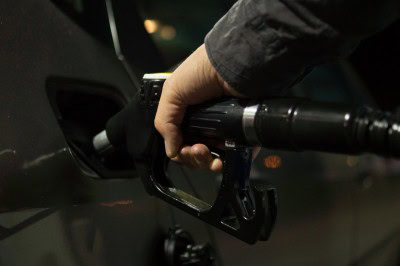New Delhi, Dec 25 : A rather stable phase of oil prices is expected to help the government make big cuts in the oil subsidy allocation in next year’s budget.
Sources said that the maths being worked out by the Finance Ministry ahead of the presentation of Budget 2021-22 in February next year could see petroleum subsidy burden falling by more than half from the FY21 levels of Rs 40,915 crore.
A major saving on the subsidy is expected to come from reduced government support for domestic LPG cylinders. A favourable global oil market, in the first half of current fiscal, helped the government to completely eliminate the subsidy paid under direct benefit transfer (DBT) to eligible domestic consumers from September this year.
While a slight firming of global oil prices has raised domestic LPG prices (non-subsidised) by Rs 100 per 14.2 kg cylinder in December to Rs 694, even if a Rs 100 per cylinder subsidy is to be provided by the government during FY22, the allocation towards this end would to Rs just about 14,000 crore.
The government had allocated Rs 40,915 crore as petroleum subsidy for FY21, a 6 per cent increase from Rs 38,569 crore allocated for the last fiscal. Out of this, the allocation for LPG subsidy has been increased to Rs 37,256.21 crore for the current year.
If the current price trend holds and the projections that oil prices remains range bound at around $ 45-55 per barrel next year, the government’s LPG subsidy burden could fall by almost Rs 20,000 crore in FY22. The subsidy could be higher if government extends provision of three free cylinders for the poor as part of Covid-19 relief measures in FY22.
India has about 28.65 crore LPG consumers. Of these, around 1.5 crore are not eligible to get LPG subsidy since December 2016 because they have an annual taxable income above Rs 10 lakh.
This leaves some 27 crore consumers who were eligible to get the subsidy relief under the DBT scheme. Out of this lot as well, subsidy actually goes to around 20 crore consumers whose annual LPG cylinder consumption is around 7.
Disclaimer: This story is auto-generated from IANS service.

